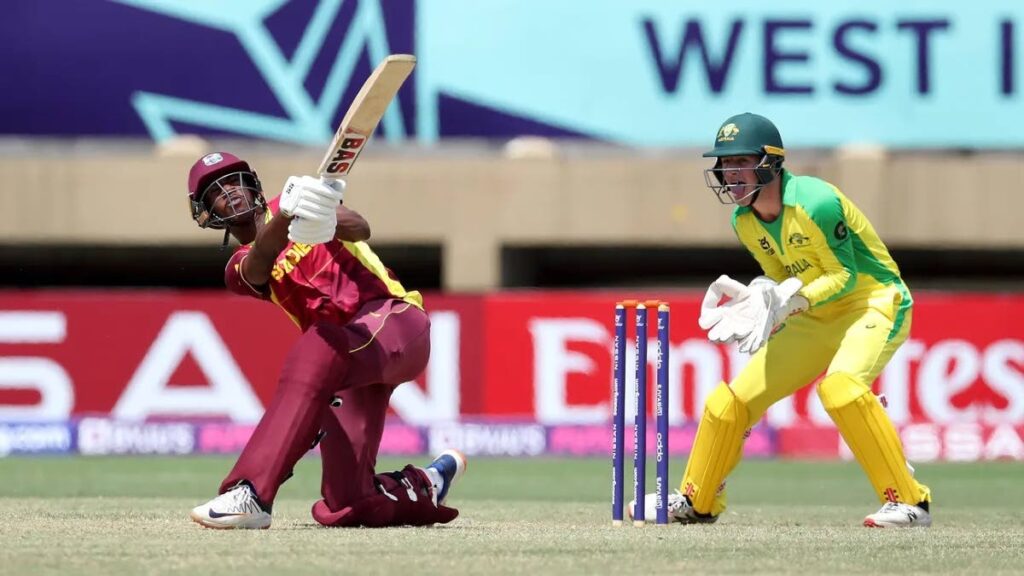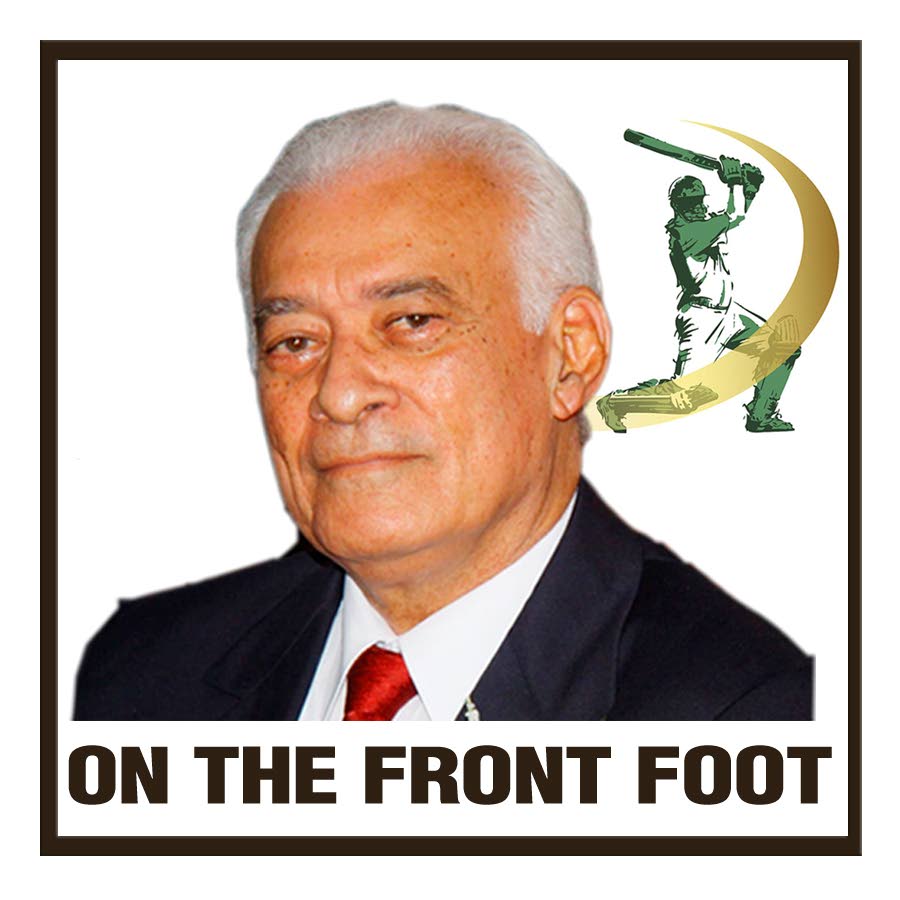A player is his own best coach

BY BRYAN DAVIS
I watched the first cricket game of the Under-19 World Cup between the West Indies and Australia in the Guyana Stadium at Providence. The TV coverage on ESPN was excellent.
The main problem with television viewing is the limited vision of fieldsmen’s positions. However, the fundamentals are there for one’s enjoyment of viewing; like the bowler’s line and length, the movement of the ball through the air and off the pitch, and, of course, the replays, which beats back looking on from a distance.
I expect in the modern-day game coaches would be comfortable to know that they have the benefit of TV repetition to fault players’ proficiency, whether it be batsmen, bowlers, wicket-keepers or fieldsmen. In addition, they also have the use of a cricket data analyst attached to their team.
The point I’m trying to make here is that there is no excuse whatsoever, for batsmen, mostly, to be struggling with faulty techniques. The astute coach would be intent on seeking out his players’ shortcomings.
The WI youth team batsmen were lacking in basic, orthodox methods of playing an innings. They should be taught how to construct an innings, plus other attributes have to be addressed, apart from the absolute requirement of defence, to keep one’s wicket intact, and attack, the method necessary in order to score runs.
These virtues are concentration, confidence, fitness, reading of the game, enthusiasm and motivation. And they can all be developed in long practice sessions, both in the nets and in the middle, using the playing field to advantage.
Observing the WI youth play their game against Australia on January 14, I was surprised to witness how incompetent the batsmen were in their approach to their innings. It was almost impossible for me to understand. Some were deficient in defence, combined with those who suffered from an absence of concentration.
Then, emotionally, quite a few, not all, seemed to have anxiety problems. This last is a sure sign of these youths being built up for the occasion in a manner that made them worry about carrying out their function. It was noticeable the way some batsmen beat up on themselves after being dismissed. One doesn’t expect the youthful cricketers to have the calm assurance of experienced cricketers, but when one observed the Australian team, they seemed so advanced compared to their Caribbean opponents.
The reason for this is over-coaching. What I mean by this is the idea a coach might have that he’s actually pushing his team, searching for perfection, instead of allowing the youngsters to think for themselves. The only way to do that is to leave them alone.

A motivational coach sees himself as a guide and allows his student to work things out for himself, then, only instructing in areas where the youth would not be made to feel insecure, thus losing self-confidence.
A player is his own best coach and a coach’s job ought to be one of encouragement with a little sound advice when necessary. Therefore, long sessions at practice are the secret of improvement and development, as all general characteristics of high-class performances are enhanced by lengthy practice.
I noticed Sir Curtly Ambrose during play, coaching a fast bowler at the boundary’s edge. This should not be done. That is undermining the youth’s concentration. A coach should have chats with individual players off the field, before the game, during an interval or after the game. If the coach is doing a proper job, the young cricketer would have the confidence the coach believes in him and not have to give him hints while on the field during a game. The coach is there to encourage, create confidence in the player, building him up.
Players on the field could discuss matters with their captain or teammates, as they’re learning all the time; but coaches should leave players alone while the game is being played.
The Scottish team whom WI would have challenged in their second match might not be too huge a challenge and hopefully a weaker opponent than Australia, a side that appears positively mature.
Nonetheless, it was disappointing to have to witness the WI side in that first game. I can only hope that I’m wrong and the blame can be laid at the feet of the pandemic, which prevented the players from practising productively.
Yet the warm-up games were also disappointing. In the end, coaches have to take the flak.


Comments
"A player is his own best coach"